Legally valid in any case
Skribble allows you to digitally sign all types of contracts with legal validity – even if the handwritten signature is required.
Sign with legal validity:
- in Germany and the EU in accordance with the European eIDAS regulation
- in Switzerland in accordance with the Federal Act on Electronic Signatures (ZertES)
- with all 3 e-signature standards defined by law

The first choice for over 3,000 companies with the highest standards of data protection and security:






Legally valid under EU and Swiss law
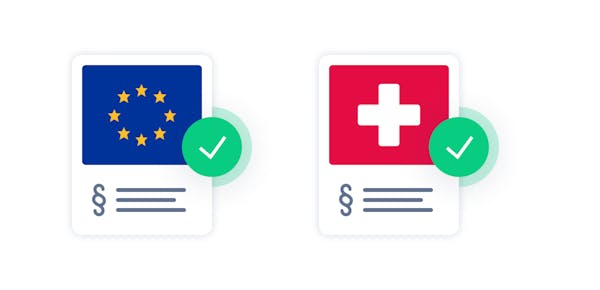
The legal validity of electronic signatures in the EU is laid down in the “EU Regulation on Electronic Identification and Trust Services for Electronic Transactions in the Internal Market” (eIDAS regulation). The equivalent in Switzerland is the Federal Act on Electronic Signatures (ZertES).
“A qualified electronic signature has the same legal validity as a handwritten signature.”
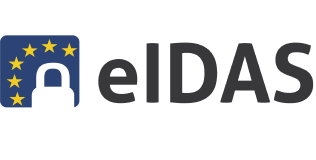
Legally valid for documents with and without a written form requirement
Both laws stipulate three e-signature standards: the simple (SES), advanced (AES) and qualified electronic signature (QES). The QES replaces the handwritten signature in terms of legal validity for contracts requiring the written form.
Different documents, different legal requirements – Skribble offers you all three e-signature standards from a single source to get any scenario covered.
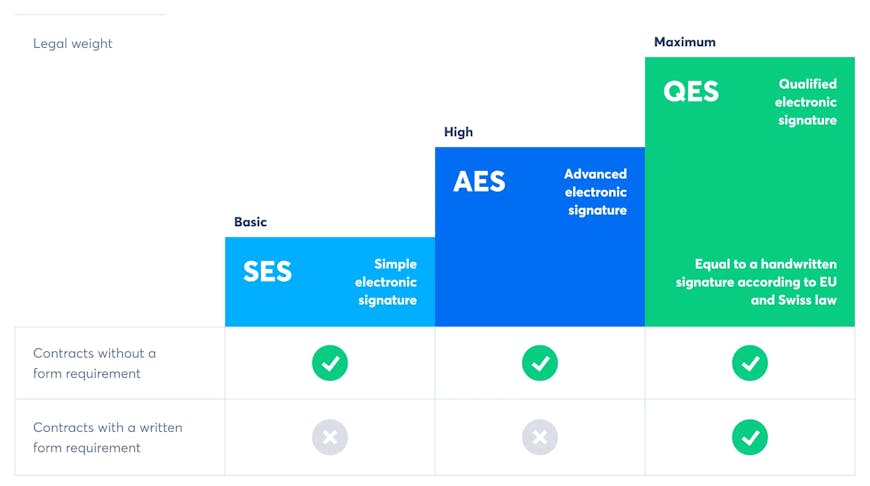
The formal requirements and the liability risk of a document determine which e-signature standard needs to be used and when.
No further integrations needed – Skribble has it all
Skribble puts together all the components you need for a legally valid e-signature, so you don’t have to worry about contracts with third-party providers or any additional services.

Trust service provider (TSP)
We only use signature certificates from officially recognised trust service providers (TSPs).

Identity provider (IDP)
We offer various identification methods and rely on recognised identity providers (IDPs).

Always up to date
We are constantly adapting to developments in the market. This way, we are always up to date when it comes to technical and legal changes.
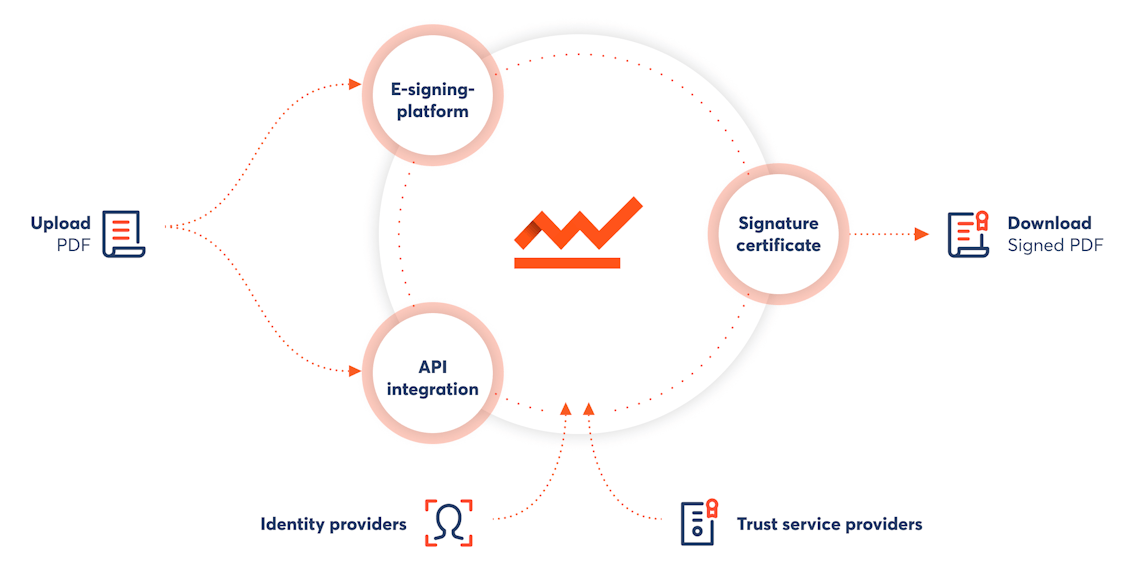
Trust service providers recognised in Switzerland and the EU
All of Skribble’s signature certificates come from recognised trust service providers (TSPs) that are officially certified in the EU and/ or Switzerland. Certification in one EU country has validity in all other member states.
Our trust service providers (TSPs) are recognised in all EU countries and Switzerland:
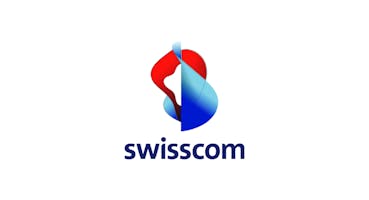
Swisscom is certified in Switzerland and Austria for signatures under Swiss and EU law.
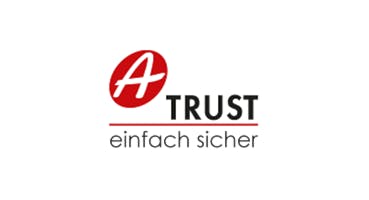
A-Trust is certified in Austria for signatures under EU law.
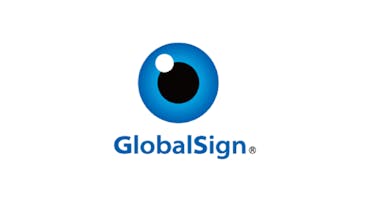
GlobalSign is certified in Belgium for signatures under to EU law.
The EU Commission maintains a list of all recognised Trust Service Providers (TSPs).
FAQ
Contracts and expressions of intent generally do not require any particular form. Most contracts therefore do not need to be concluded in writing or confirmed with a signature – a handshake or a verbal commitment usually suffice to ensure the validity of a contract. For the purposes of keeping proof, however, it is usually a good idea to conclude contracts in written form. The law requires the written form for certain contracts such as terminations (Germany) or when opening a bank account (Switzerland). If this kind of contract is to be signed electronically, only a QES will be legally valid.

Sign legally valid with
a few clicks
Worldwide usage, hosted in Switzerland.
You can test Skribble for free.
No credit card needed.
Available in English, German and French.